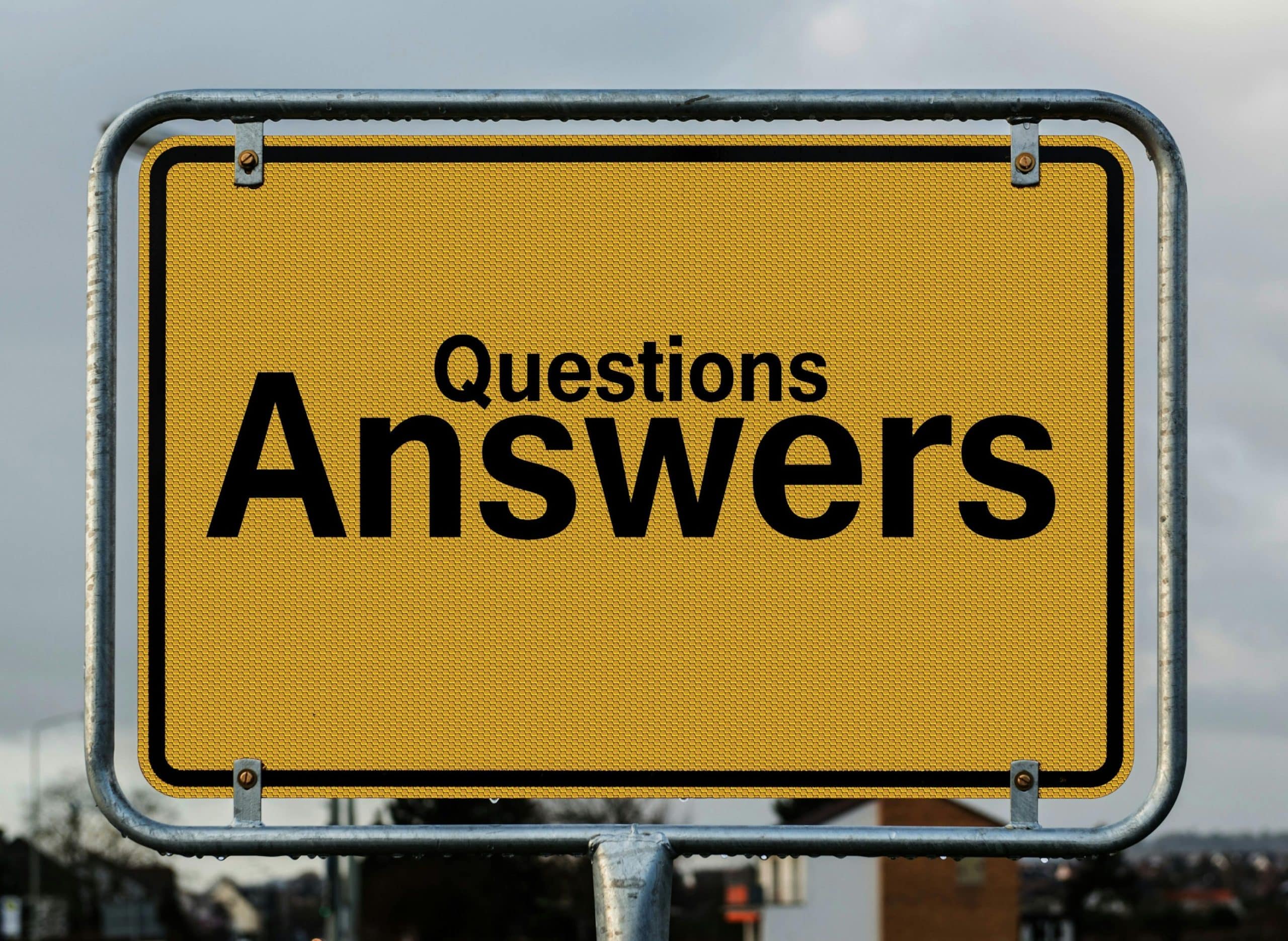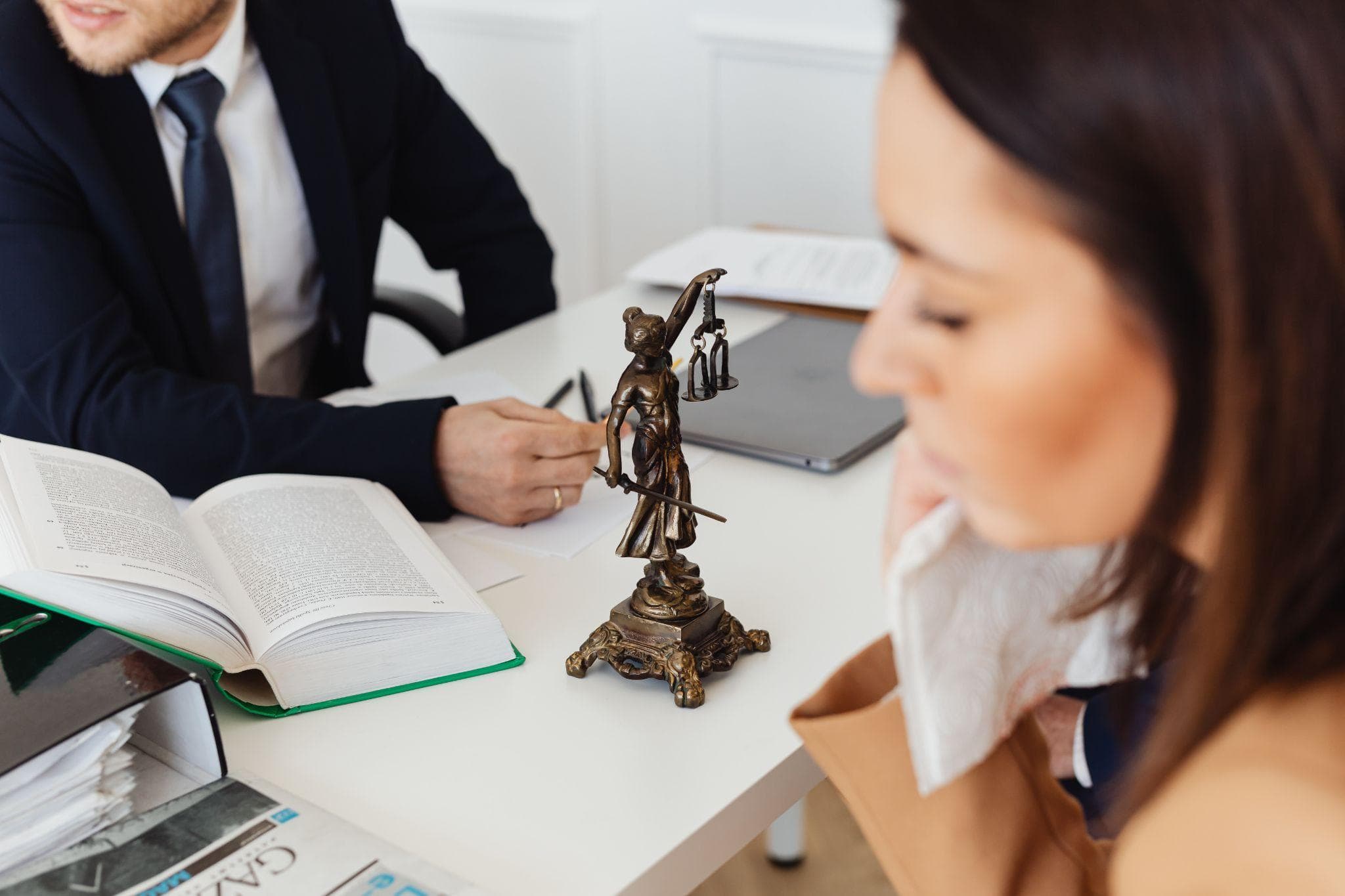
After being involved in an accident, one of the most unnerving experiences can be the barrage of calls from the other driver’s insurance company. If you find yourself repeatedly asking, “Why is the other insurance company calling me?”, it’s crucial to understand their motives and the strategies they employ.
The Primary Goals of the Other Insurance Company
When the other driver’s insurance company calls you, it’s important to recognize that their main objectives are not aligned with your best interests.
Here are the key reasons why they’re reaching out:
1. Information Gathering
The initial call from the other insurance company is often about gathering information that could be used to minimize the amount they pay. This might include asking for your account of the accident, details about injuries, or even seemingly benign questions about your routine.
You must be cautious because any information you provide could be used against you to reduce your compensation.
2. Quick Settlement Offers
Another reason the other insurance company’s representative might contact you is to offer a quick settlement. This is a tactic used to close out claims at a lower cost. These offers can be appealing, especially when facing mounting medical bills and other expenses.
However, accepting an early offer can prevent you from receiving the full compensation you might be entitled to once all damages are fully realized.
3. Recorded Statements
Often, the other driver’s insurer will ask for a recorded statement. They may claim this is a standard procedure or necessary for processing your claim. However, providing a recorded statement without legal advice can be risky.
These statements can be manipulated to make it seem like you have contradicted earlier statements or admitted fault.
Understanding Your Rights in Nevada
As a resident of Nevada, understanding your rights and the insurance claim process when dealing with insurance companies after an accident is vital.
Here’s what you should know:
You are not legally required to provide a recorded statement. It’s within your rights to politely decline until you have consulted with a personal injury lawyer.
You can negotiate the settlement. Initial offers are not final, and you are entitled to negotiate or reject them until a fair offer is made.
Legal representation is your right. Consulting a car accident attorney can provide crucial guidance and significantly impact the outcome of your claims process.
How to Handle Calls from the Other Driver’s Insurance Company
Handling calls from the other driver’s car insurance company can be intimidating.
Here are some tips to help you manage these interactions effectively:
Be Cautious with Your Words
When speaking to the other driver’s insurance company, you need to be mindful of what you say. Avoid discussing any details of the accident or your injuries. Even casual remarks like “I’m feeling fine” can be used to undermine claims of injury later on.
Always assume that the conversation is being recorded, even if they don’t explicitly say so. Stick to basic information such as your name, the date of the accident, and, if necessary, where the incident occurred. Beyond these points, you are not obligated to share more without consulting your attorney.
Do Not Agree to Anything on the First Call
Insurance representatives are often quick to offer a settlement in an attempt to resolve the claim cost-effectively. It’s important to recognize that you do not have to accept or agree to anything during the initial calls. Take your time to fully assess the impact of the accident on your health and finances.
Insurance adjusters are skilled in persuading claimants to settle for less than they might need or deserve, often by making these offers seem like they are time-sensitive. Politely but firmly decline to discuss any settlement until you have spoken with a personal injury lawyer who can evaluate the offer thoroughly.
Document All Communications
Every interaction with the insurance company should be recorded in some way. Keep a detailed log of all phone calls, including the date, time, the name of the person you spoke with, and a summary of the conversation. If possible, follow up each call with an email confirming what was discussed.
This documentation can be invaluable if there are disputes about what was said during these calls. It also helps your attorney to build a stronger case on your behalf by providing a clear record of all communications.
Ask for Written Correspondence
Whenever possible, request that the insurance company’s requests and their offers be made in writing. A written statement is easier to review and respond to and provides a verifiable record of what has been proposed and responded to.
This can also prevent misunderstandings and provide you with better documentation should you need to escalate your claim to a legal dispute.
Set Boundaries for Communication
You have the right to specify how and when the insurance company can contact you. If you prefer not to handle communication directly, you can inform them that all further communications should go through your attorney.
Handling it this way reduces the stress of dealing with the insurer and prevents them from potentially coercing you into an unfavorable decision.
Consult with a Personal Injury Lawyer
Before making any significant decisions or discussing further details with the insurance company, consult with a personal injury lawyer. Legal expertise is crucial in understanding the full implications of your rights and the adequacy of the compensation being offered.
An experienced lawyer will handle negotiations on your behalf, ensuring that you receive the best possible outcome.
The Role of a Personal Injury Lawyer in Nevada
Navigating the aftermath of an accident alone can be overwhelming. A personal injury lawyer can offer invaluable assistance by:
Protecting your rights: An attorney will ensure that your rights are not compromised during negotiations with the insurance companies.
Maximizing your compensation: An experienced lawyer will be adept at calculating the true cost of your injuries and negotiating accordingly.
Handling all communications: Let your lawyer handle discussions with the insurance companies to prevent any missteps that could affect your compensation.
Why Choose BLG?
At BLG, we understand the tactics used by other insurance companies in Nevada, and we’re prepared to protect your interests. Our combined experience equips us with the knowledge and skills to ensure that you receive fair compensation for your injuries and losses.

Call Us for a Free Consultation
If you’re dealing with calls from another driver’s insurance company and feeling overwhelmed, it’s important to act swiftly. Contact BLG today for a free consultation. We’ll help you understand your rights and the best course of action. Let us handle the pressure from the insurance companies while you focus on your recovery.
Call us now and ensure your rights and future are well-protected.
FAQs
Q1: Am I required to talk to the other driver’s insurance company after an accident?
A1: No, you are not legally obligated to speak with the other driver’s insurance company in Nevada. You can choose to have all communications go through your own insurance company or your personal injury lawyer. This can help prevent any miscommunication or unintentional self-incrimination.
Q2: What should I say if the other driver’s insurance company contacts me directly?
A2: If you choose to speak with them directly, provide only basic information like your full name, the date of the accident, and your attorney’s contact details. Avoid discussing the details of the accident or your injuries. It’s usually best to say as little as possible and refer them to your lawyer for further communication.
Q3: Can the insurance company use my words against me?
A3: Yes, anything you say to the insurance adjuster could potentially be used against you to minimize your claim. Even offhand comments about how you are feeling can be interpreted in ways that could undermine your claim for compensation.
Q4: What if the insurance company makes me an offer directly?
A4: Be wary of accepting initial offers. These are often lower than what you might be entitled to, especially if the full extent of your injuries or damages has not yet been established. Discuss any offers with your personal injury lawyer to ensure that they are fair and cover all your needs.
Q5: Is it advisable to give a recorded statement to the other driver’s insurance company?
A5: It is generally not advisable to provide a recorded statement without consulting your lawyer. Insurance companies can use these recordings to contest your claim. Always consult with your attorney before agreeing to record any statement.
Q6: How can I ensure a fair settlement from the other driver’s insurance company?
A6: The best way to ensure a fair settlement is to work with a knowledgeable personal injury lawyer who can negotiate on your behalf. Your lawyer will have the expertise to calculate the true cost of your injuries and damages and can handle all negotiations to ensure you receive the compensation you deserve.
Q7: What if the other driver’s insurance company is pressuring me to close the claim quickly?
A7: Insurance companies often try to settle claims quickly to minimize their costs. Do not succumb to pressure to settle the claim before you understand the full implications of your injuries and damages. Take your time and consult with your lawyer to ensure the best possible outcome.
Remember, when in doubt, consulting with a personal injury lawyer is always your safest bet to protect your interests and secure the compensation you rightfully deserve.





